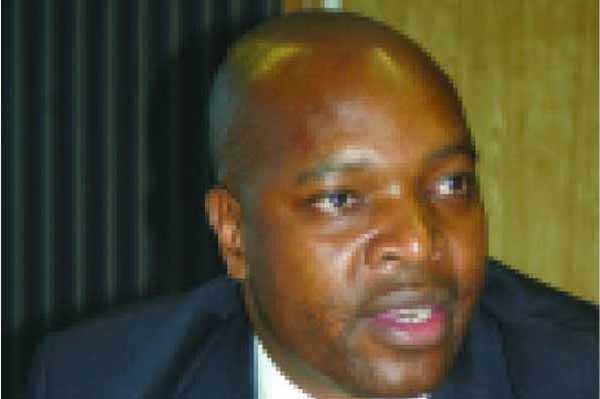BOL promotes investment on infrastructure
The national oil company, Botswana Oil Limited (BOL), is looking at promoting investment in infrastructure that includes pipeline and storage facilities to increase reliability of petroleum supply. Speaking at the company’s media roundtable recently, Chief Executive, Willie Mokgatlhe said Botswana has limited investment in the petroleum products and logistical infrastructure such as storage facilities and pipelines. Statistics show that annual national consumption of petroleum products is about 1.2million litres. Against this background BOL is working on a multi-product pipeline feasibility, coastal storages as well as local storages. “We want to increase the capacity countrywide to meet the supply demand. There will be a multi product pipeline project to supply Botswana and Zimbabwe and the feasibility is ongoing. We are talking to South Africa to see how we can extend the pipelines from Gauteng to Gaborone. We are also looking to extend Harare to Francistown. The coastal storages in Mozambique, Namibia and South Africa are also underway,” Mokgatlhe affirmed.
Locally, BOL will execute Francistown depot expansion, a project aimed at increasing the capacity of strategic storage reserves in Francistown by 30million litres. This will bring the depot capacity up to 65million litres with the aim to meet the 60 day petroleum stock cover needs by 2020.
Construction of Tshele Hill storage facility is of strategic importance also to BOL, as it will add about 141million litres to the current 20million litres in the South part of the country. Other depots expansions include Gantsi and Palapye.
For the coastal storages, BOL’s New Ventures Manager, Gamu Mpofu indicated that BOL is in discussion with South Africa’s Transnet Freight Rail and Botswana Railways for a coastal storage. “We are looking at leasing or developing our own coastal storage. In Namibia, BOL and National Petroleum Corporation of Namibia (NAMCOR) are in discussions about developing storage at the coast. Namport is also being engaged on the acquisition of land. As for Mozambique, there is adequate storage there, hence the strategy to lease as opposed to constructing own storage. However, discussions with rail and port authorities are underway.
BOL and Mozambique’s state owned petroleum products distributor, Petromoc have already signed a cooperation agreement,” Mpofu revealed. Collaboration between the Mozambique’s ports and railways company (CFM), Botswana Railways and National Railways of Zimbabwe have also been established.
Although it seems funding will be an obstacle for Botswana Oil to deliver on its aspirations, the national oil company has indicated that it will approach other financing organisations to seek funding. The BOL management has indicated that currently discussions are ongoing with the major shareholder, being government to secure funding.
Mokgatlhe indicated that, “there is a lot of funding uncertainty in terms of funding by our shareholder - government. But what we are doing at BOL is to start engagement with other financiers such as the African Development Bank and commercial banks. We believe we need to explore these avenues to be able to fund our projects and move forward.”
Meanwhile, BOL’s executives have also emphasised on the need to develop a coal based industry such as power and liquid fuels industries. “These are the key drivers to any economy,” Mpofu said adding that, “our main focus for 2016 will be to assess market and develop market entry strategy. This can only work when funding permits. We need to conclude the strategy and start implementation.”






